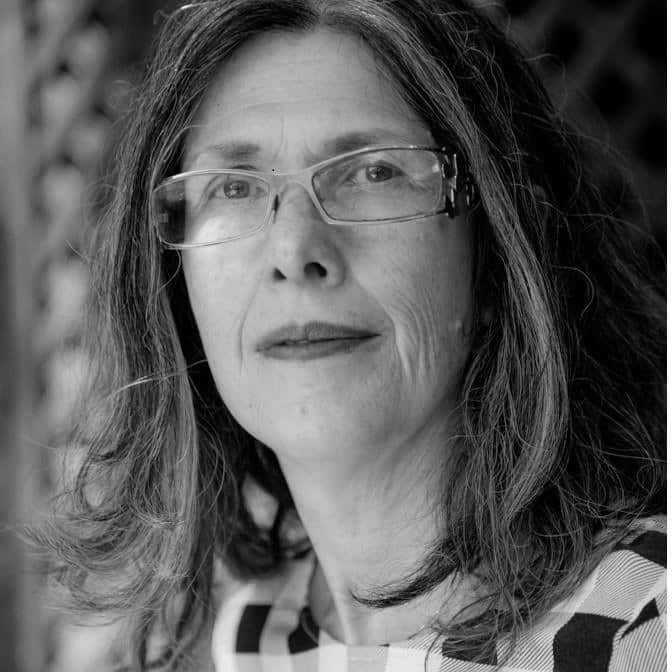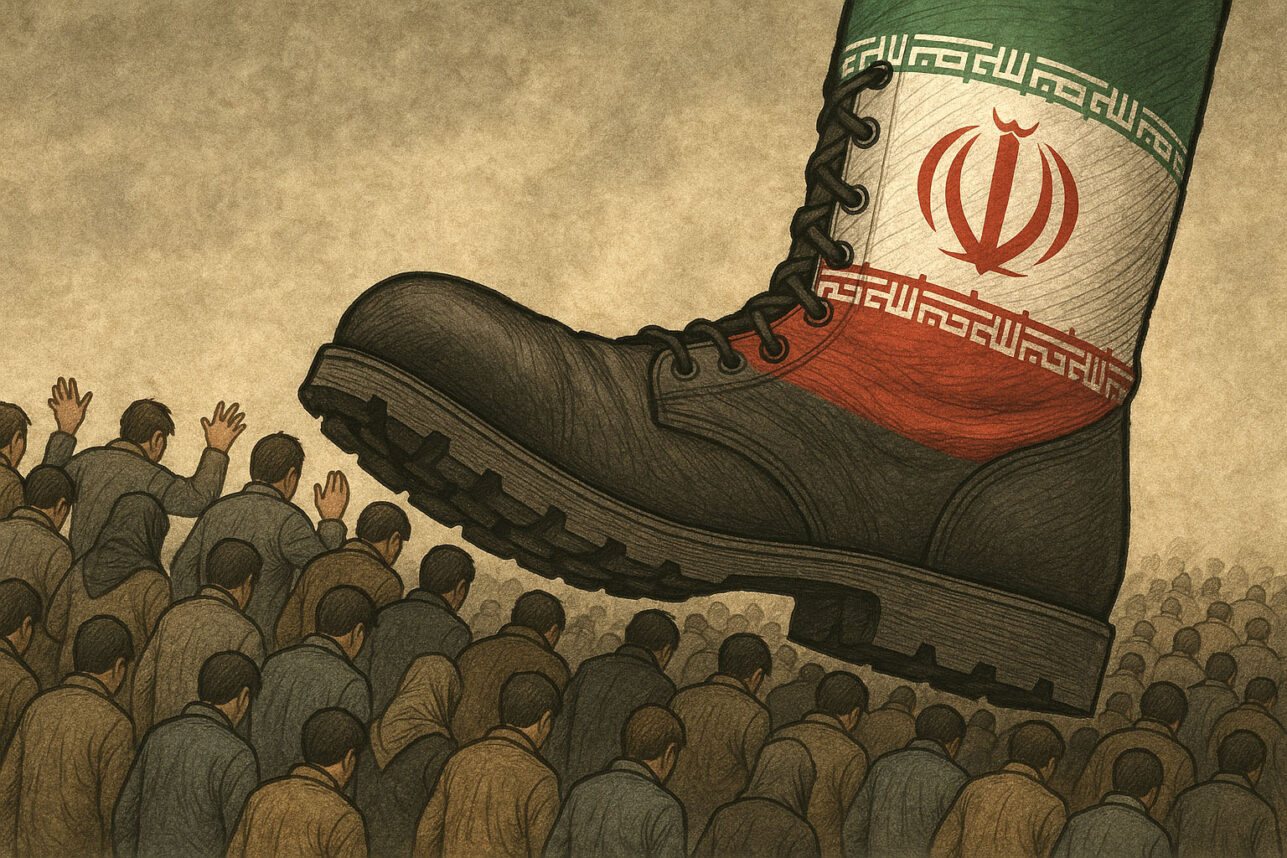
This spring, along with over 130 diaspora Jews, I traveled to Israel/Palestine to work with Palestinian and Israeli non-violent activists who oppose the occupation that keeps millions of Palestinians under military control. Ours was a diverse delegation with regard to politics (Zionist, non, and anti-), ethnicity (Jews of many colors), and religious observance (most denominations and ranging from orthopractic to atheist). With our new friends, we created Sumud (Steadfastness) Camp in the South Hebron Hills, a physical space dedicated for nonviolent activism, located in Area C which is entirely under Israeli military control. We worked, ate, prayed, danced and slept under the stars together even after the Israeli army came and tore our tents down. Beleaguered as it is, Sumud Camp, as of this writing, is alive.
Here, on the JStreet blog, are several accounts of our journey (including another of my own). PLEASE check out the words and images brought by these dedicated Jewish activists. Meanwhile, in an earlier post, I promised you a Shabbat story, so here it is:
Pirkei Avot 4:1: Ben Zoma says: Who is wise? The one who learns from all persons, as it says, “I have acquired understanding from all my teachers” (Psalms 119:99). Who is mighty? The one who conquers impulse, as it says, “slowness to anger is better than a mighty person and the ruler of his spirit [is better] than the conqueror of a city.” (Proverbs 16:32). Who is rich? The one who is happy with his portion, as it says, “When you eat [from] the work of your hands, you will be happy, and it will be well with you” (Psalms 128:2). “You will be happy” in this world, and “it will be well with you” in the world to come. Who is honored? The who honors the created [human] beings, as it says, “For those who honor Me, I will honor; and those who despise Me will be held in little esteem” (I Samuel 2:30).
Just prior to Shavuos, I had the honor to share Shabbat with someone who is wise, mighty, rich, and honored. One of our projects at Sumud Camp was the rehabilitation of housing that had been lost when the village was dispossessed by the Israeli army about 20 years ago. Families from the original village of Sarura, where Sumud Camp is located, had joined us with the goal of returning home, among them a gentleman named Fadal Aamer who had been born in Sarura 55 years prior. Fadal’s family were among those Hebron Hills families who had, for generations, converted the region’s many caves into homes—calking the walls to keep out snakes and scorpions, plastering the ground and creating rooms with doors that close. This is a brilliant way to live in the land’s demanding climate; cave homes are insulated from heat by day and cold by night and do not, of course, deface the landscape or take up soil that could be used for agriculture or herding. All Fadal’s family wanted was a return to their familial land and their traditional way of life.
The first Shabbat that our group spent at Sumud Camp coincided with our learning of parashat Behar-Bechukotai. And Fadal became our teacher.
Fadal joined our Shabbat shachrit service just as we were beginning our study of the Yovel (Jubilee), that half-century mark when, our Torah teaches, slaves in Eretz Yisroel go free, debts are forgiven, and all land that had been bought and sold is returned to familial ownership. “כִּי־לִ֖י הָאָ֑רֶץ כִּֽי־גֵרִ֧ים וְתוֹשָׁבִ֛ים אַתֶּ֖ם עִמָּדִֽי” we read, “For the land is Mine [says HaShem], and you [the ancient Hebrews] are resident aliens with Me.” (Leviticus/Vayikra 25:23) We learn that our tenancy upon the land depends on the ways in which we treat one another, other peoples, and the earth itself.
Our group included both English and Hebrew speakers, Fadal among the latter. In Hebrew, he offered his teaching on the parashah: Each person—Jew, Muslim, Christian, Buddhist—everyone, is given a portion by God. The ikar (the key point) is to live well in gratitude, righteousness, and peace without displacing or harming anyone else. If we do live just that way, there is room on this earth for all of us. After our discussion of the parashah, Fadal excused himself and we returned to the Shabbat Shachrit liturgy. His gentle, gracious presence had been a blessing.
I would learn, after returning home, that Fadel Aamer had been knocked to the ground by Israeli soldiers who had raided the camp. An ambulance was called for him and he was pronounced well enough not to be hospitalized. He and his family remain hopeful that this new movement for nonviolent activism will make it possible for them to remain with their caves, their wells, and their way of living in harmony with the land.
Historians remain divided on the question of whether the Yovel was ever enacted. However, its vision of debts forgiven and slavery ended continues to inspire. The vision of Yovel, the Jubilee is now threaded into the American popular imagination. African-American slaves took up the story, working for the day when they would be freed from their own bondage. Union troops, entering the South during the Civil War, sang “Hurrah, hurrah, we bring the Jubilee, Hurrah, hurrah, the flag that makes men free…” In our own century, movements against the debt bondage that has ruined so many lives invoke the Jubilee. And on Shabbat, in the South Hebron Hills, a Bedouin/Palestinian peace activist raised us up with a vision of his own family returned to their holdings living with their neighbors in peace.


































 More news and opinions than at a Shabbat dinner, right in your inbox.
More news and opinions than at a Shabbat dinner, right in your inbox.